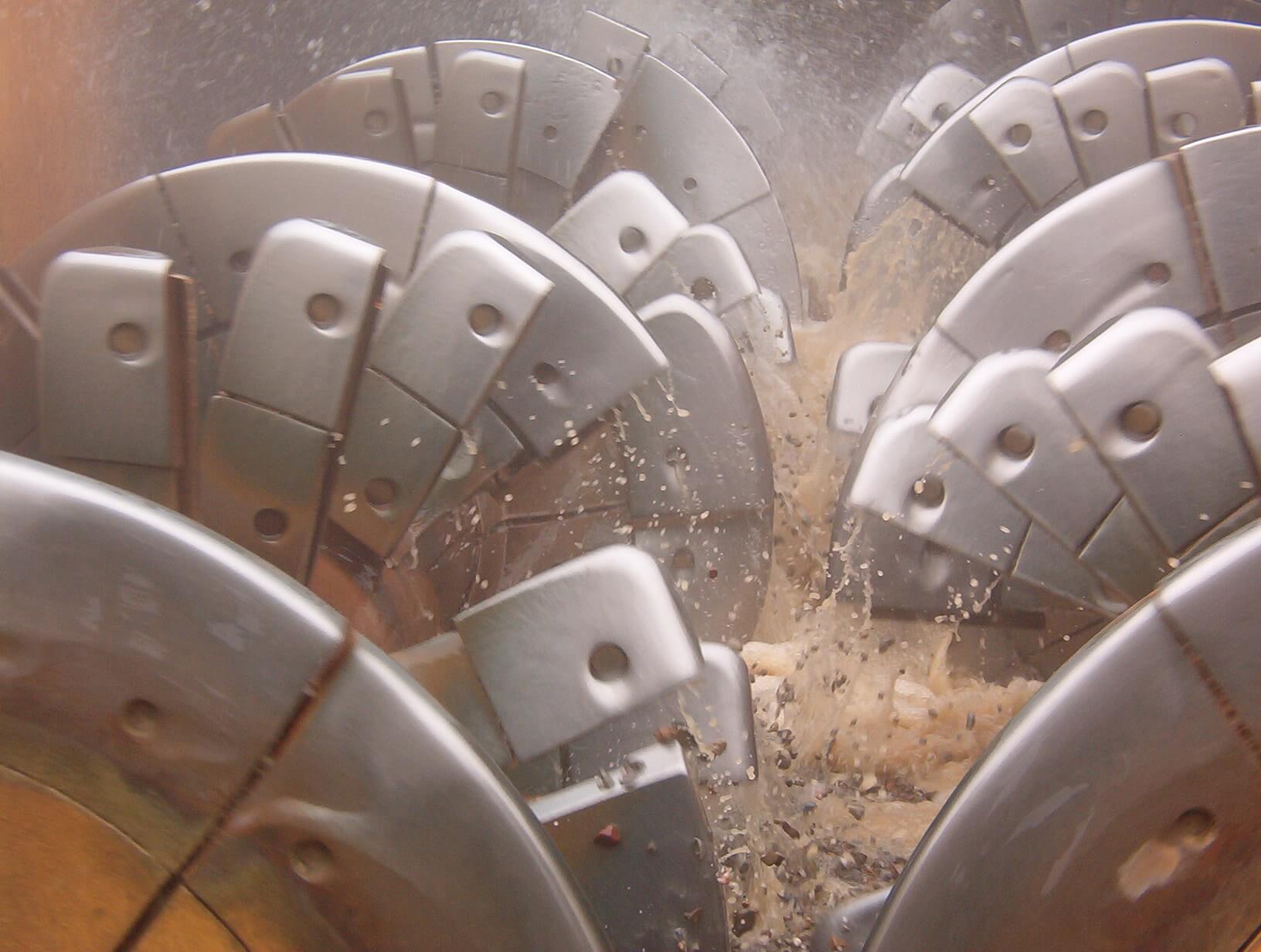Introduction
Has your aggregate wash plant been kicking out dirty rock since you started mining from a new section or deposit down the road from your old pit source?
With the same water volume and pressure on the spray bars of your plant's washing screen, there's a bit of sandy mud sticking to your two besting-selling sizes of washed, minus 25 mm x 6 mm rock.
Even with the addition of more water to the feed box of the vibrating screen, exposing the material to water just before hitting the top of the screen deck, your best ready-mix concrete customer is sending the rock back because it's dirty and unacceptable.
Whoa, you do have a problem!
If you run the rock back through the plant a second time, it may come out nice and clean, but the double washing has reduced your total plant production time and you're sometimes running extra hours processing the rock again to make a clean product.
Rock cleaning solutions
There are several options for aggregate washing equipment that you may consider adding to your plant. Questions you may consider in reviewing the options can include:
- Where can something easily fit without making major plant modifications?
- What machine can do the scrubbing job needed while not costing you an arm and a leg, since you've not planned on having to spend capital money on a plant improvement?
- What machine requires the least amount of kilowatt/horsepower so you don't need to bring in additional electric power from your source or make an expensive, costly upgrade to your plant's motor control center?
The solution may be a Blade Mill.
Blade Mills are available in several sizes having capacities ranging from 20 tph to 600 tph. These units are single- or double-shafted machines, depending on capacity requirements. The shafts have a series of alternating spiral flights and paddles that scrub and abrade the aggregate material.

With the input of water, Blade Mills allow aggregate and other hard ore feeds to be more efficiently washed and separated on a downstream washing, sizing, or desanding screen.
While additional water will be needed for washing the top-sized controlled rock and sand, it may not be that much, as some of the water you may have added to the wash screen can be used. The amount of water needed is about one-third of the weight of the solids being processed.
At a 200 metric ton per hour rock and sand feed rate, about 325 US gallons per minute or 1,230 litres per minute of additional water would need to be introduced to a Blade Mill with the feed material.
You would need to check if your present downstream sand/fines dewatering equipment can handle this additional flow, keeping in mind that you may be able to reduce the water volume that was added to the downstream wash screen.
Blade Mills are also used in rock circuits where the sand has already been screened out. In dry screened feeds, Blade Mills are used to scrub a clay-laden sand feed prior to dewatering, as shown in the photo below where a unit discharges onto a Dewatering Screen in a silica plant in India.

Blade Mills are sometimes used to agitate, condition and scrub rock and sand so that it is better washed and separated on an existing wash screen, such as the one in the photo below in an aggregate plant in California, USA.

In addition to Blade Mills, other washing equipment options that you can explore include Log Washers, Rotary Scrubbers, Trommel Screens, Coarse Material Screw Washers and high-pressure tumblers.
Your local dealer can assist you in evaluating your material's contaminant issues. A simple soaking test at your plant can many times indicate the severity of scrubbing your rock or ore requires, as well as the process flow that produces the results you need so that rock or sand doesn't come back after being rejected by your customers.
In comparison to some of these alternatives, a Blade Mill is a lower-costing and lower-power-requirement machine.





